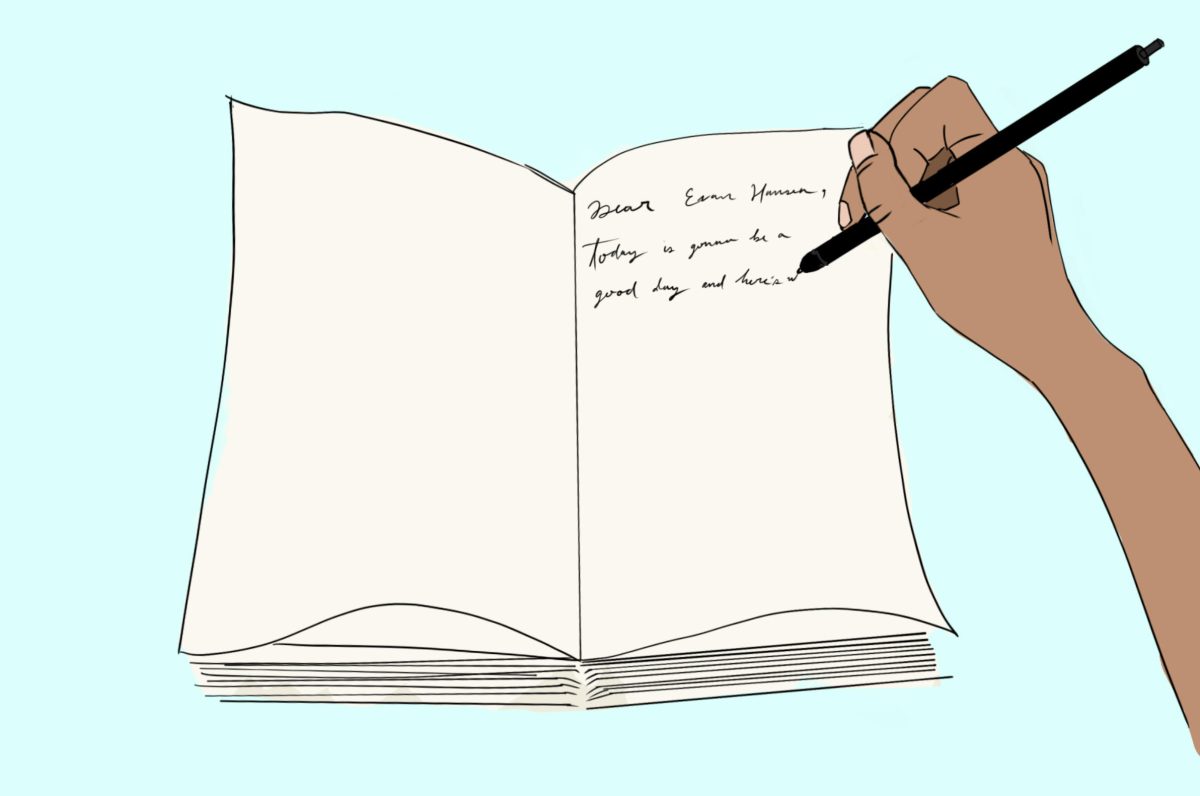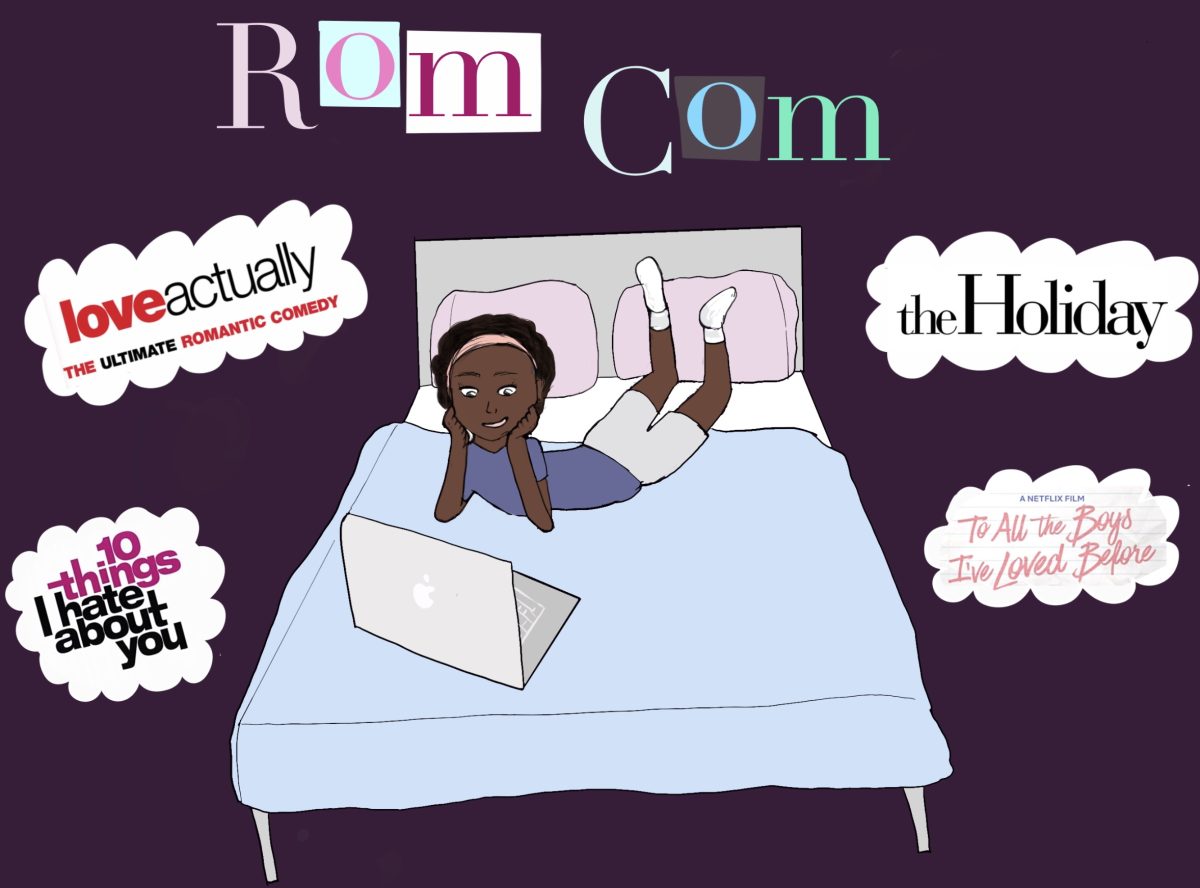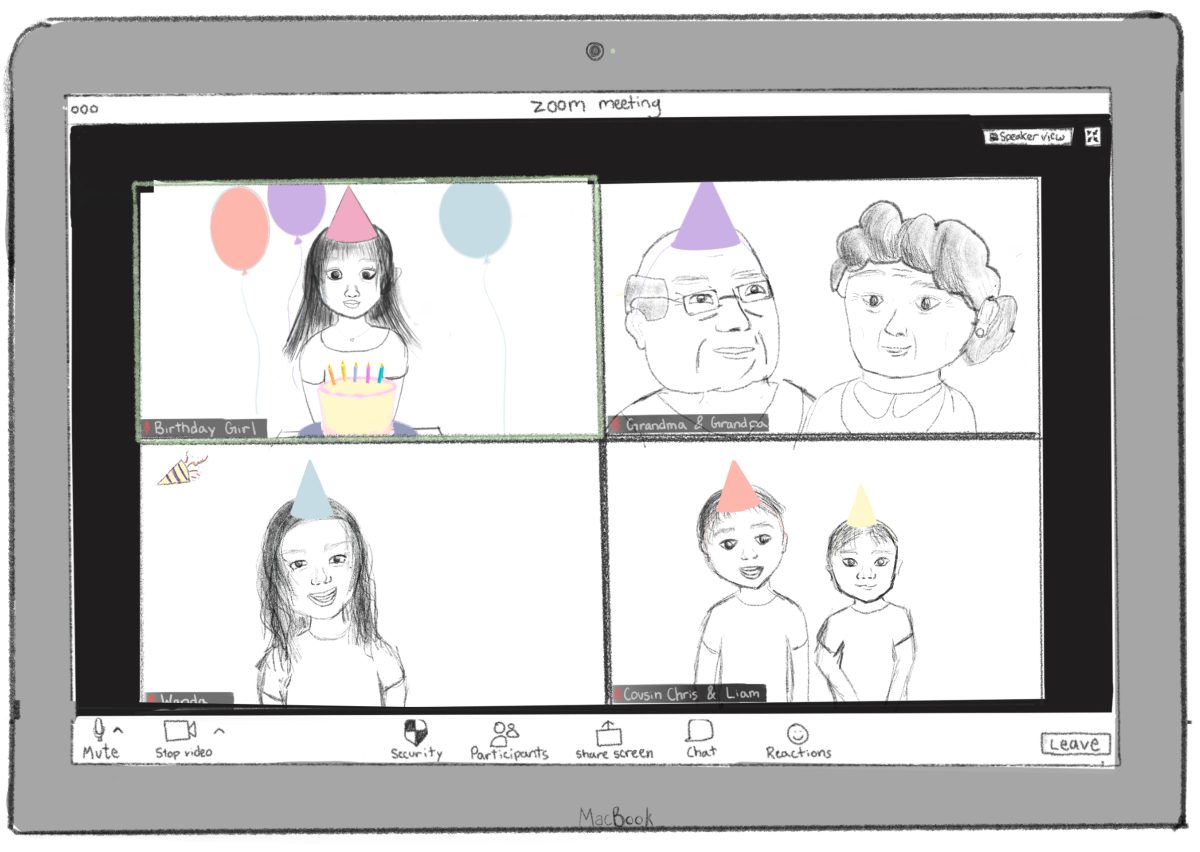
With the increasing trend of incorporating technology into our everyday lives, more and more of our pop culture revolves around the use of the Internet. iTunes, Hulu, and YouTube are just a few of the companies that bring music, TV shows, and movies right to our laptops. But this technologically advanced form of enjoyment poses a new problem for the entertainment industry: illegal downloading, or piracy.
All songs, shows, movies, and games are protected by a copyright law that prohibits people from copying, reproducing, and redistributing them without the permission of the copyright holder. When a person downloads a song without paying for it, it is most likely downloaded from a third party that does not have permission to redistribute it. Therefore, the user who downloaded the song is breaking the law, or, more specifically, committing copyright infringement.
Illegal downloading causes problems for the entertainment industry because it hinders the profit of everyone involved in producing and marketing songs, shows, and movies. When a product is pirated, these people lose out on revenue. Essentially, they are having their money stolen from them each time a person downloads and redistributes their product without paying for it.
So why do people download illegally? The biggest reason is that a lot of people try to avoid paying more for things that they know they can get for free. Therefore, free downloading from sites such as Limewire seems very inviting to those trying to avoid paying for songs on iTunes and for subscriptions to entertainment sites such as Netflix and Hulu. However, the consequences of pirating are potentially more costly than actually paying for the songs and movies themselves.
People found guilty of committing copyright infringement can face up to five years in jail and fines of up to $250,000, in addition to being subject to any lawsuits that could be filed against the person in question by the copyright holders of the pirated files, for up to $150,000 per stolen file. While it may seem unlikely that a person who is downloading material illegally from the Internet will get caught, organizations such as the Recording Industry Association of America and the Motion Picture Association of America are constantly monitoring websites for copyright infringement being committed by both the owners of the sites and by the people who take advantage of them.
So, while the instant gratification of illegally downloading songs for free might seem like a good, low-risk idea, the consequences of being caught violating copyright laws can be incredibly expensive. In the end, paying for that $1.29 song might not seem like that bad of an option after all.






